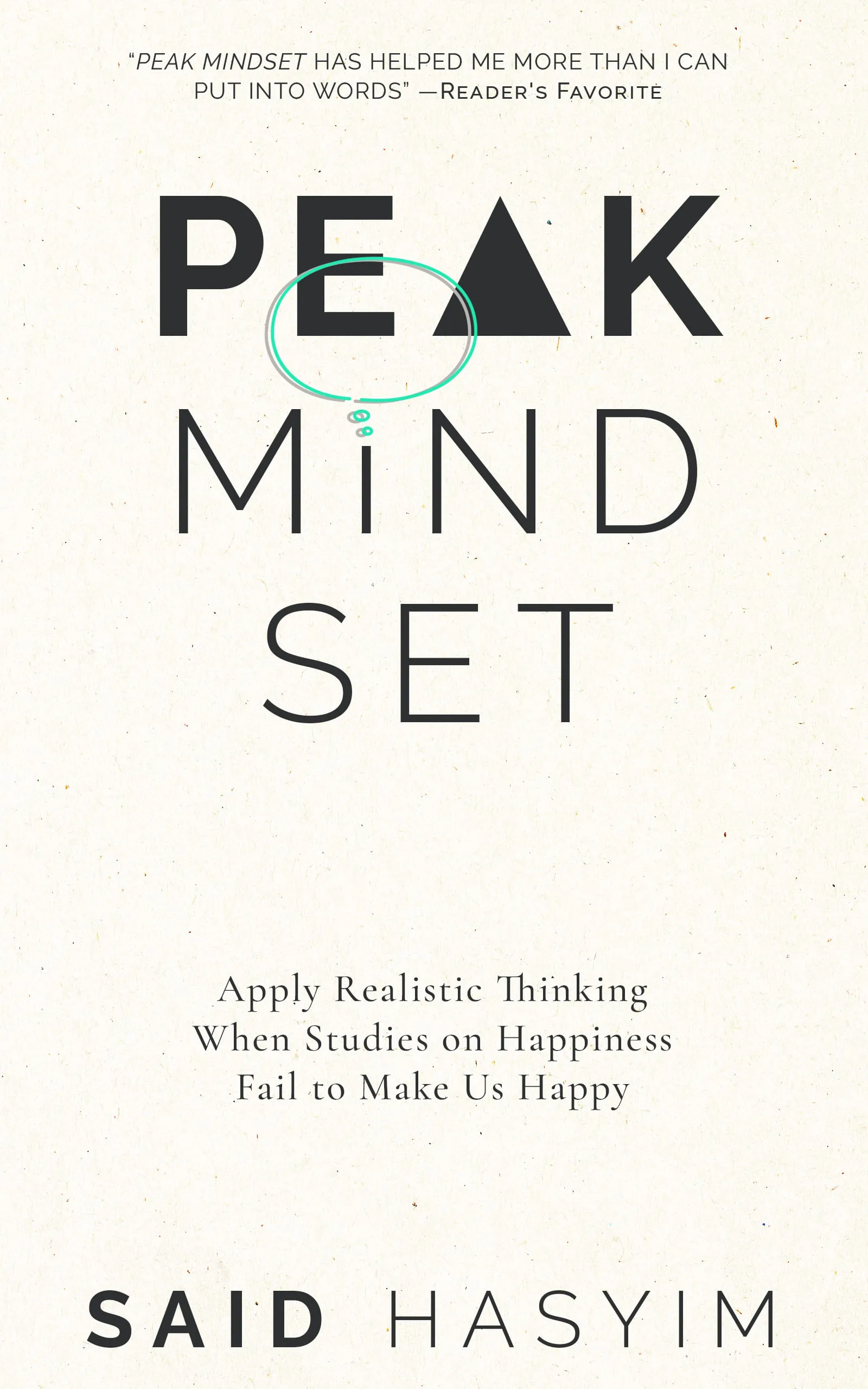Realistic vs. Idealistic: Choosing Your Mindset Wisely
In a world where every day presents new challenges and opportunities, the mindset we choose can significantly impact our experiences, our relationships, and even our achievements. Two prominent approaches that often define how we interpret our circumstances are realism and idealism. Understanding the nuances between these mindsets can help you choose which one to adopt for different life situations, ultimately guiding you toward a more fulfilling life.
What is Realism?
Realism is rooted in a pragmatic view of the world. It emphasizes the importance of dealing with situations as they are, rather than how we wish they would be. Realists focus on empirical evidence and observable outcomes, often leading them to make decisions based on facts rather than emotions.
Key Characteristics of Realism
- Fact-Based Decisions: Realists rely on data and tangible outcomes. They seek information that can help them understand a situation better, allowing them to make informed choices.
- Practicality: Realists value practicality over theory. They are often seen as the voice of reason and prefer solutions that yield immediate results.
- Cautious Optimism: While realists are not pessimistic, they are careful not to overestimate possibilities. They tend to assess risks and rewards carefully.
What is Idealism?
In contrast, idealism emphasizes the importance of vision, values, and beliefs. Idealists often envision a world that can be different from reality, striving toward that vision even when faced with obstacles. This mindset fosters creativity and encourages individuals to dream big and pursue lofty goals.
Key Characteristics of Idealism
- Vision-Driven: Idealists are guided by their ideals and principles. They often seek to inspire others by sharing their visions of a better future.
- Emotional Engagement: Idealists connect emotionally to their goals, which can lead to passionate pursuits. They are often motivated by their values and aspirations.
- Hopeful Perspective: Idealism is often characterized by a belief that positive change is possible, leading to a more optimistic outlook on life.
The Nuances of Realism and Idealism
While realism and idealism are often positioned as contrasting views, they can intersect and coexist beautifully. Finding the right balance between these mindsets can enhance your ability to navigate through life’s complexities.
Why a Balanced Mindset Matters
Adaptability: Life is unpredictable. A balanced mindset allows you to adapt seamlessly to changing situations. When challenges arise, realism can ground you, while idealism can keep your spirits high.
Motivation and Direction: Realism can provide you with the clear, actionable steps needed to reach your goals, while idealism can inspire you to dream and set those ambitious goals in the first place.
Problem-Solving: When faced with obstacles, a realist may focus on pragmatism to find solutions, while an idealist may interpret those obstacles as opportunities for innovation. Combining both perspectives can lead to a more holistic approach to problem-solving.
Realistic Scenarios Requiring Idealism
Social Change: In advocating for social justice, realism helps outline the current state of practices and policies, while idealism fuels the drive to envision and strive for a more equitable society.
Creative Endeavors: Artists and innovators often rely on idealistic visions to create their work. However, realism is essential when navigating the practical aspects, such as budgeting, marketing, and distribution.
Personal Goals: Setting personal aspirations can be rooted in idealistic dreams. Nevertheless, the path to achieving those dreams must account for real-world limitations and challenges.
Idealistic Scenarios Requiring Realism
Business Decisions: In business, having a vision is essential for innovation; however, entering a saturated market without realistic financial planning can lead to disaster. Realism ensures grounded decision-making amidst ambition.
Healthcare: Medical professionals often strive for idealistic outcomes, such as ensuring universal health coverage. However, the realistic perspective helps navigate the complexities within the current healthcare system.
Education: Teachers ignite passion through idealistic principles of learning and shaping the future. They must also incorporate realistic methods to address individual students' needs within practical constraints.
Choosing Your Mindset Wisely
When it comes to choosing between realism and idealism, consider the context of the situation. Here are a few guiding questions to help you determine which mindset to adopt:
What is the goal?
- If your aim is to inspire and create change, embracing idealism might be beneficial. If you are focused on a project with immediate deadlines, realism may serve you better.
What are the stakes?
- Consider the risks involved. Higher stakes may necessitate a more realistic approach to mitigate potential pitfalls.
How do I feel?
- Understand your emotional engagement with the task. If you’re feeling overwhelmed, realism can provide the structure and clarity needed to move forward.
What have past experiences taught me?
- Reflect on previous situations where either mindset was more effective. Learning from past experiences can reveal patterns that inform your current decisions.
Conclusion
Realism and idealism each hold their own value in guiding our thoughts and actions. By understanding the strengths and weaknesses of both mindsets, you can learn to navigate challenges more effectively and cultivate a richer life experience. Whether you lean toward the pragmatism of realism or the inspiration of idealism, the key is to be adaptable and choose your mindset wisely.
Whether you're measuring risks, drafting dreams, or balancing duties with aspirations, remember that the journey is filled with opportunities for growth. By striving for a harmonious blend of realism and idealism, you can transform challenges into opportunities, envision a brighter future, and take meaningful strides toward reaching your goals.
Leverage Your Mindset for a Fulfilling Life
Explore Peak Mindset, a book to leveraging your subconscious for a more fulfilling life. Gain insights into realistic thinking, money management, and stress resilience to make informed decisions. Discover pitfalls in conventional happiness advice and practical strategies for self-transformation. Unlock your potential and enhance your overall satisfaction.
